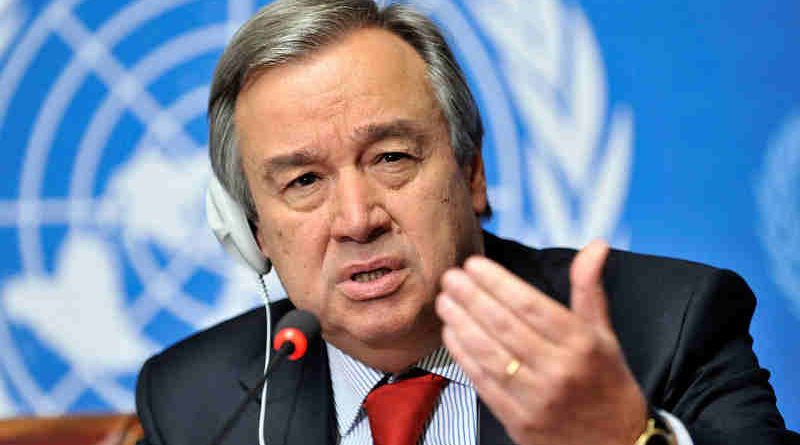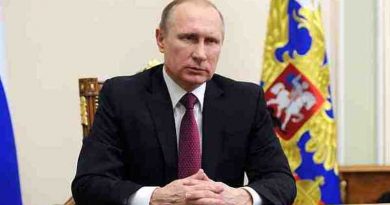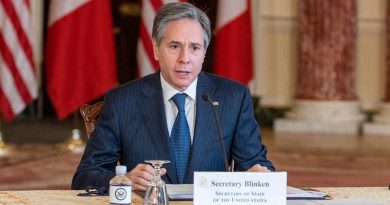How Hate Speech Attacks Basic Human Rights

In an informal briefing to Member States, UN Secretary-General António Guterres launched the United Nations Strategy and Plan of Action on Hate Speech on Tuesday.
The purpose of the strategy is to deepen understanding on the part of all United Nations entities about the insidious impact of hate speech and how they can more effectively address it in their work.
It calls for stronger support to Member States, as well as stronger engagement with private companies, civil society, and media. The strategy also provides ideas on how to address the root causes and drivers of hate speech and how to reduce its impact on societies.
“Hate speech is, in itself, an attack on tolerance, inclusion, diversity and the very essence of our human rights norms and principles,” the Secretary-General said during the briefing. “More broadly, it undermines social cohesion, erodes shared values and can lay the foundation for violence, setting back the cause of peace, stability, sustainable development and the fulfillment of human rights for all.”
He recalled that, over the past 75 years, the world has seen hate speech as a precursor to atrocity crimes, including genocide, from Rwanda to Bosnia [and Herzegovina] to Cambodia.
More recently, he said it has been strongly linked with violence, resulting in mass killings in several parts of the world, including the Central African Republic, Sri Lanka, New Zealand, and the United States, noting that governments and technology companies alike are struggling to prevent and respond to orchestrated online hate.






